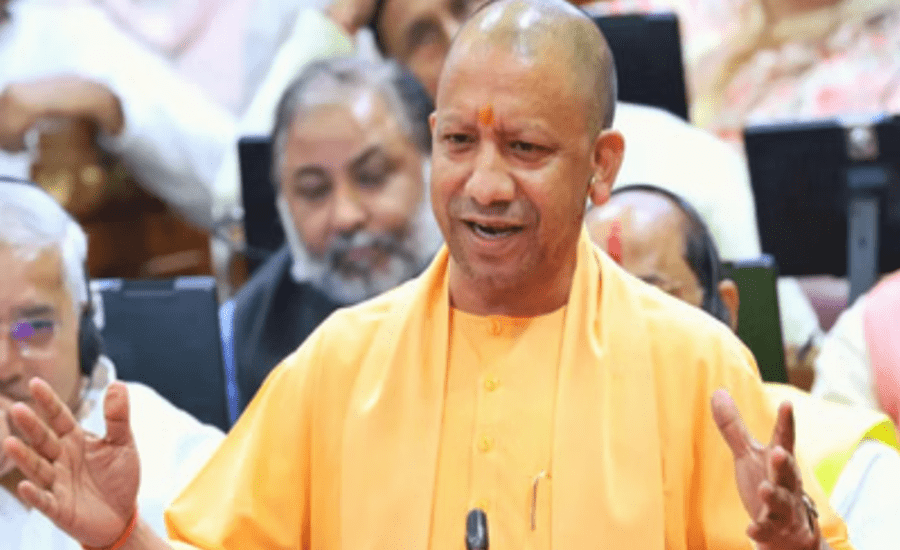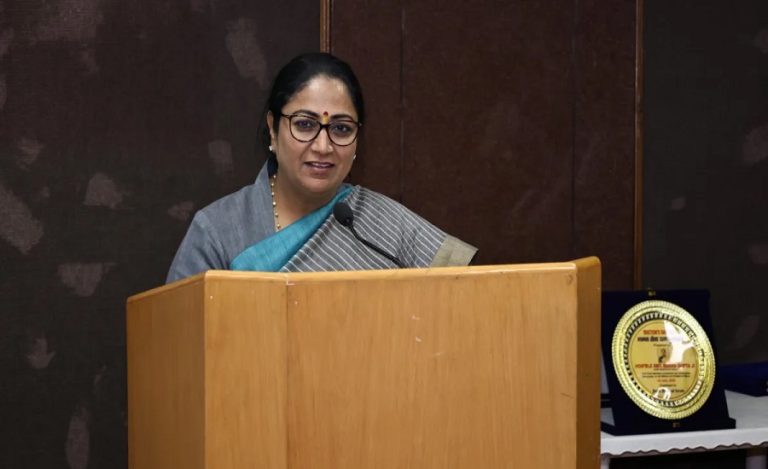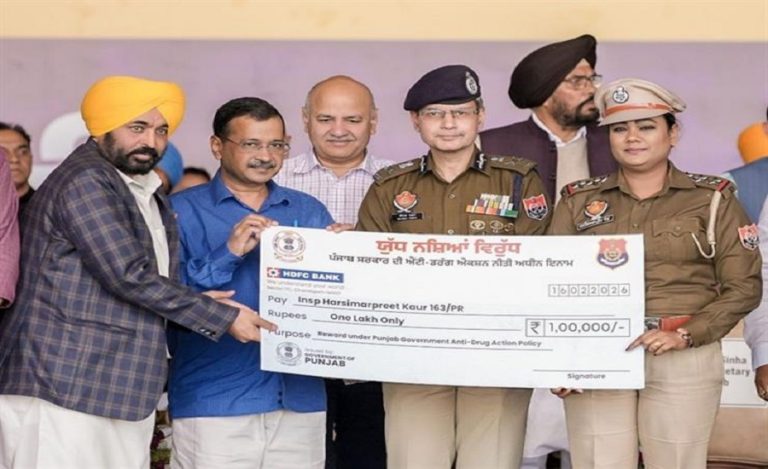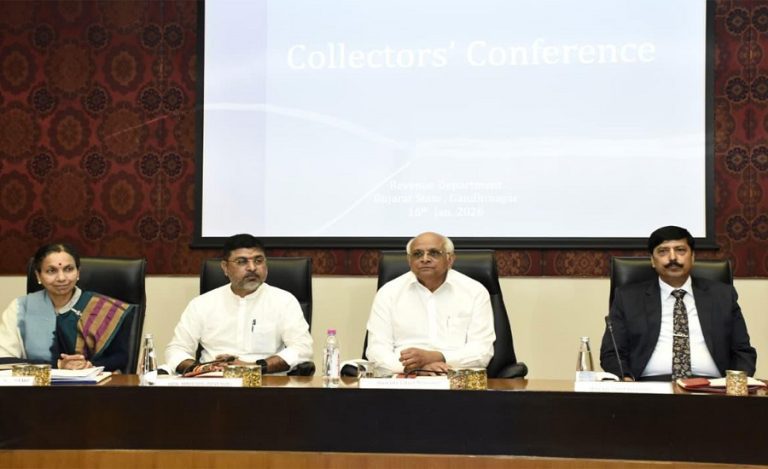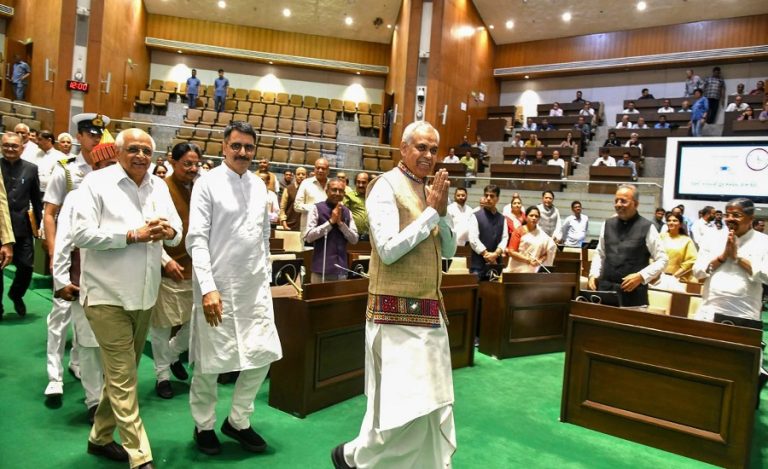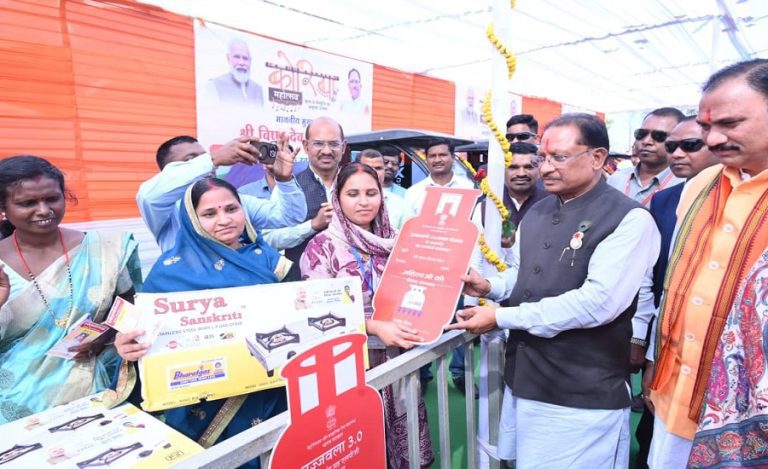In a major step toward reimagining the cities of Uttar Pradesh, Chief Minister Mr. Yogi Adityanath has announced plans to implement a comprehensive Urban Redevelopment Policy. This policy, the Chief Minister emphasized, is not merely about rebuilding structures but about orchestrating a renaissance of the urban ecosystem—blending modernity with heritage, infrastructure with inclusivity, and growth with sustainability.
Speaking at a review meeting of the Housing Department on Tuesday, Mr. Yogi Adityanath stressed that the time has come for a bold urban policy that aligns with the fast-changing development patterns of the state’s urban centers.
Policy Aims to Revive Urban Areas with Equity and Modern Infrastructure
The proposed policy will prioritize the redevelopment of old, dilapidated, and non-functional urban spaces into modern, safe, and environmentally balanced zones. Mr. Adityanath said, “Cities are not just brick-and-mortar spaces. They are living social ecosystems, and their development must be humane, inclusive, and futuristic.”
Key goals include:
- Modern public infrastructure
- Environmental balance and sustainability
- Livable and clean neighborhoods
- Human-centric rehabilitation and land restructuring
The Chief Minister emphasized that the redevelopment projects must follow the principle of “public interest first”, ensuring that affected residents are not displaced without proper compensation or rehabilitation.
Policy to Encourage Private Sector Participation via PPP Model
The new policy will feature an enabling regulatory framework that includes:
- A State-Level Redevelopment Authority
- Single Window Approval System for faster project clearance
- Encouragement of PPP (Public-Private Partnership) models
Mr. Adityanath directed officials to clearly define investor incentives, provide risk protections, and mandate adherence to green building norms, energy efficiency standards, and sustainable development principles.
Area-Wise Planning & Heritage Preservation Integral to Policy
Recognizing the diversity of urban landscapes, the policy mandates separate strategic plans for:
- Traditional marketplaces
- Government housing colonies
- Industrial zones
- Unauthorized settlements
Mr. Yogi Adityanath stressed the need to preserve historical and cultural identity, ensuring that redevelopment respects the ethos of each region while uplifting living standards.
Practical Fee Structures and Transparent Approval Systems
Mr. Adityanath also flagged the current uniform fee structure for land use (residential, commercial, industrial, and agricultural) as impractical. He called for a differentiated fee system based on land type and location.
Further, he ordered a revamp of the external development fee system with:
- Transparent, online fee calculation
- Clear formulas
- Minimal human intervention
- Accessibility for common citizens
This reform aims to reduce delays, eliminate confusion, and bring transparency for all stakeholders involved.
Citizen and Stakeholder Consultation to Finalize Policy
The Chief Minister directed officials to incorporate feedback from public representatives, municipal authorities, and citizens before finalizing the draft policy. Once completed, the policy will be tabled before the Council of Ministers for approval.
He added that the redevelopment of retired government quarters, old housing societies, and encroachment-affected zones will be given early priority once the policy is implemented.

